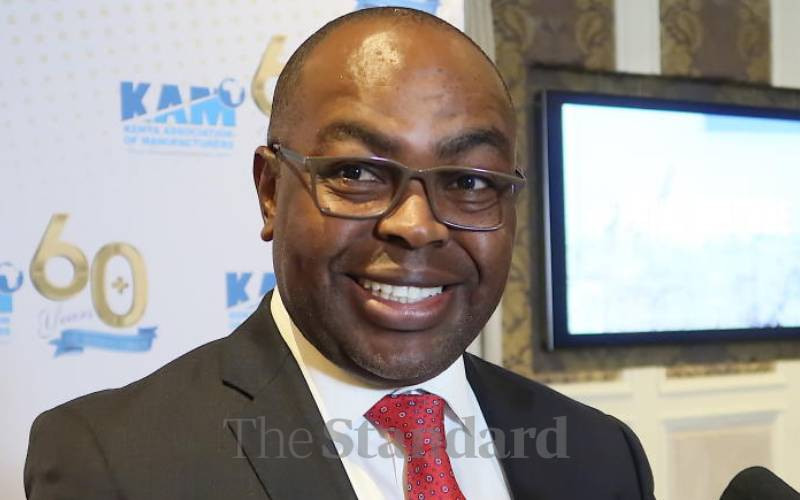×
The Standard e-Paper
Join Thousands Daily

Local manufacturers have warned that some of the proposals in the Finance Bill, 2023 could force them out of business.
They say proposals such as the 10 per cent export and investment promotion levy on imports would hit many industries such as cement, steel and paper hard.